Sugar lovers rejoiced when Finance Minister Tito Mboweni failed to include sugar in his recent Budget Speech when announcing the long list of products that would be subject to sin tax increases.
However, before pouring themselves a celebratory glass of their favourite soft drink, consumers should be mindful of the dangers associated with consuming too much sugar, as well as the surprising dangers associated with opting for diet sodas instead.
The sugar tax’s unintended health consequences
“By pushing up prices, and reducing the consumption of sugary drinks, sugar tax, which was introduced in 2018, aims to curb obesity-related illnesses like type 2 diabetes and heart disease. However, sugar tax could have some unintended health consequences,” says Greig Jansen, CEO of PURA Soda.
Since the levy was first introduced in 2018, the demand for artificially sweetened beverages has risen, a trend that’s likely to continue gaining momentum.
Unfortunately, while diet sodas have been painted as a healthier alternative, there is still a lot of doubt regarding the safety of the artificial sweeteners that are responsible for their sweet taste.
So, what’s a soda lover to do? The first step is to understand what ingredients go into your favourite drinks so that you can weigh up the pros and cons.
Sugary soft drinks, colas and tonic waters
An average can of sugary soft drink contains around six teaspoons of sugar. To put this in perspective, the World Health Organization recommends a maximum intake of free sugars or sugars that are added to consumables by the manufacturer, of between six and nine teaspoons a day.
So, after having just one can of soda, consuming any additional sugar could be detrimental to your health. And, excessive sugar has been linked to health problems including heart disease, diabetes, cancer and even premature ageing.
Beware the diet soda trade-off
While most diet sodas are sugar-free, they may contain artificial sweeteners, some of which have been linked to an array of health risks.
A study published in 2019 in the JAMA Internal Medicine journal tracked mortality rates among over 450,000 European soft drink consumers.
Researchers found that those who consumed two or more glasses of artificially sweetened soft drinks per day were 26% more likely to die prematurely than those that rarely consumed sugar-free beverages.
Many experts claim that, when compared to sugar, artificial sweeteners are the lesser of two evils, with many side effects only associated with excessive consumption. While the debate rages on, it may be prudent to moderate your intake.
Consider low sugar sodas
There are numerous drink options that have low sugar contents, while not relying on artificial sweeteners to supplement flavour. Provided you remain within healthy limits, sugar can form part of a healthy diet.
PURA Soda, for example, only has two and a half spoons of sugar per 330ml and the average flavoured water or iced tea only has about three and a half spoons.
https://www.instagram.com/p/B2eL-lOpyBM/
Again, while these alternatives can help you reduce your sugar intake, consumers must be careful to keep their sugar consumption within healthful limits.
The added benefit of choosing low-sugar alternatives is that, because their sugar content is less than four grams per 100ml, they aren’t subject to the sugar tax, so they’re also light on your wallet.

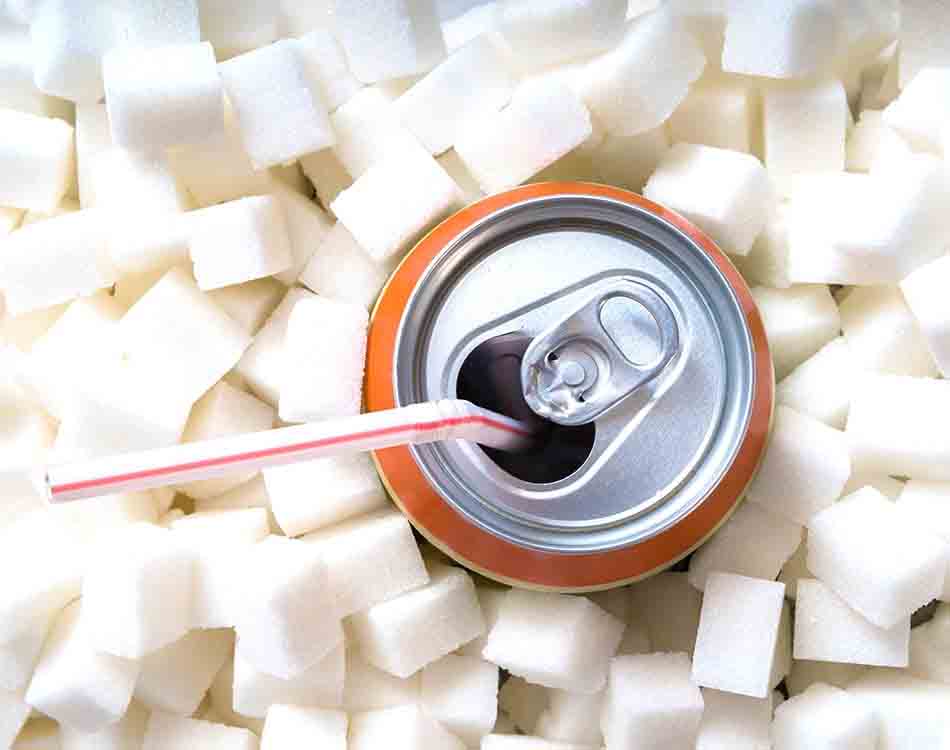
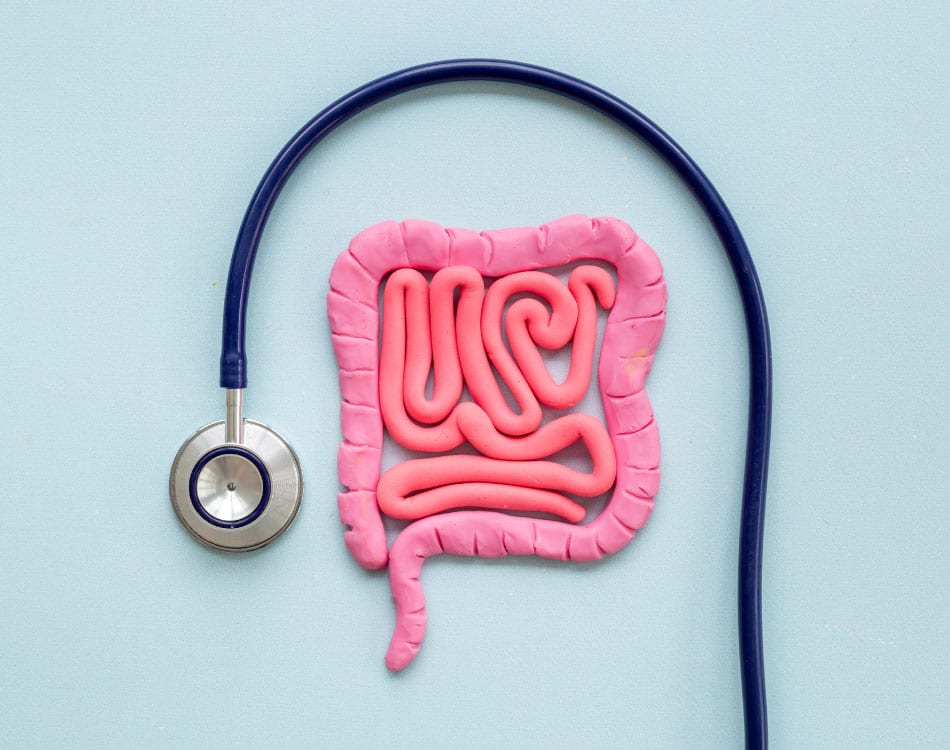
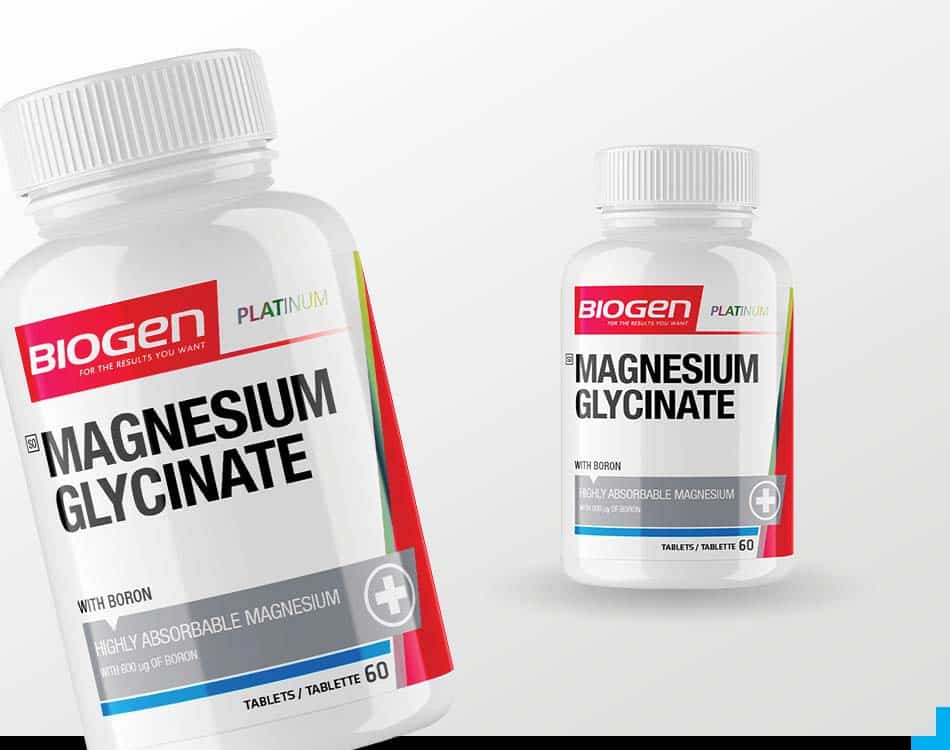
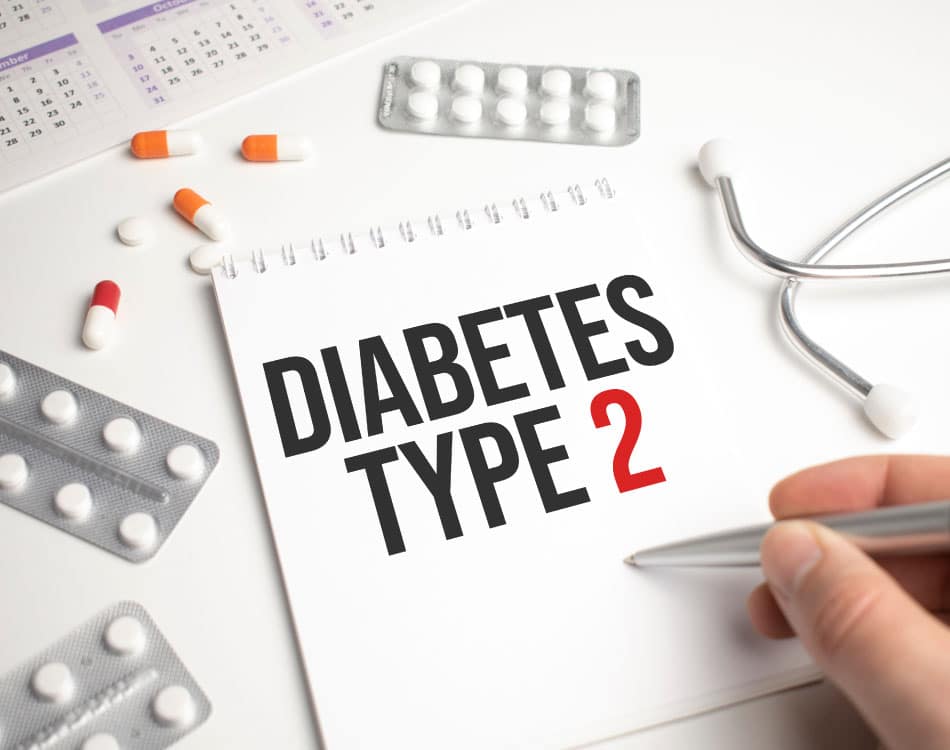
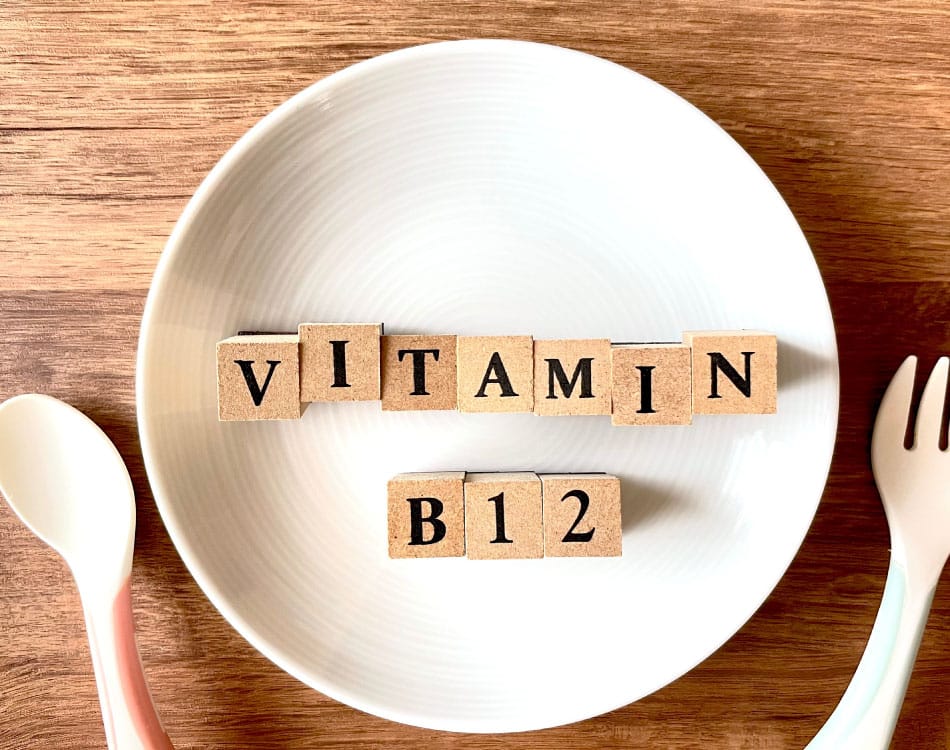

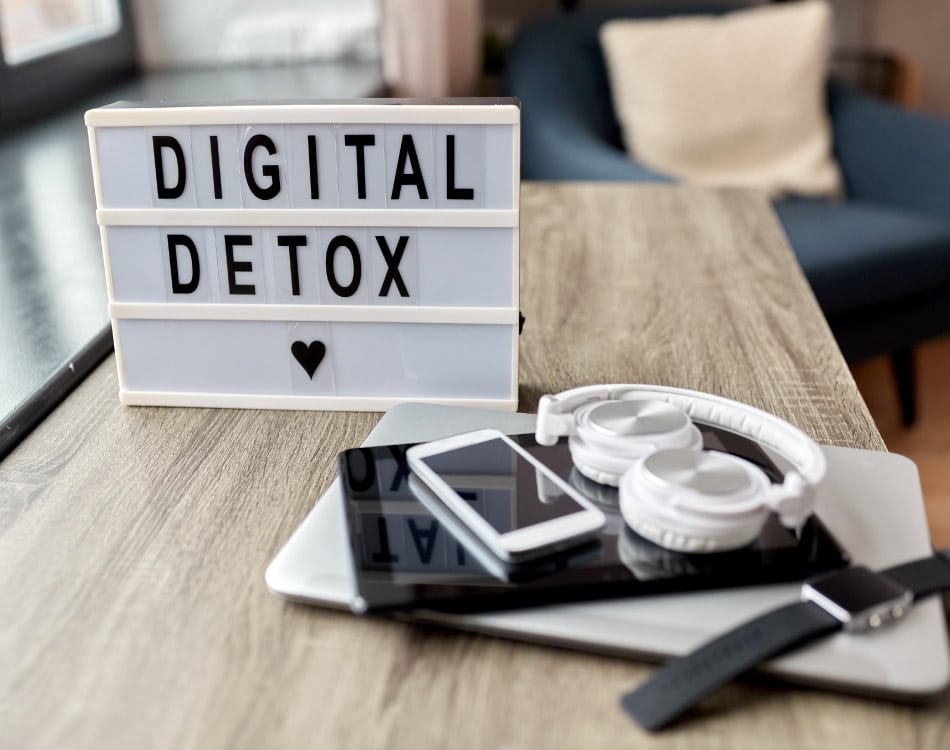




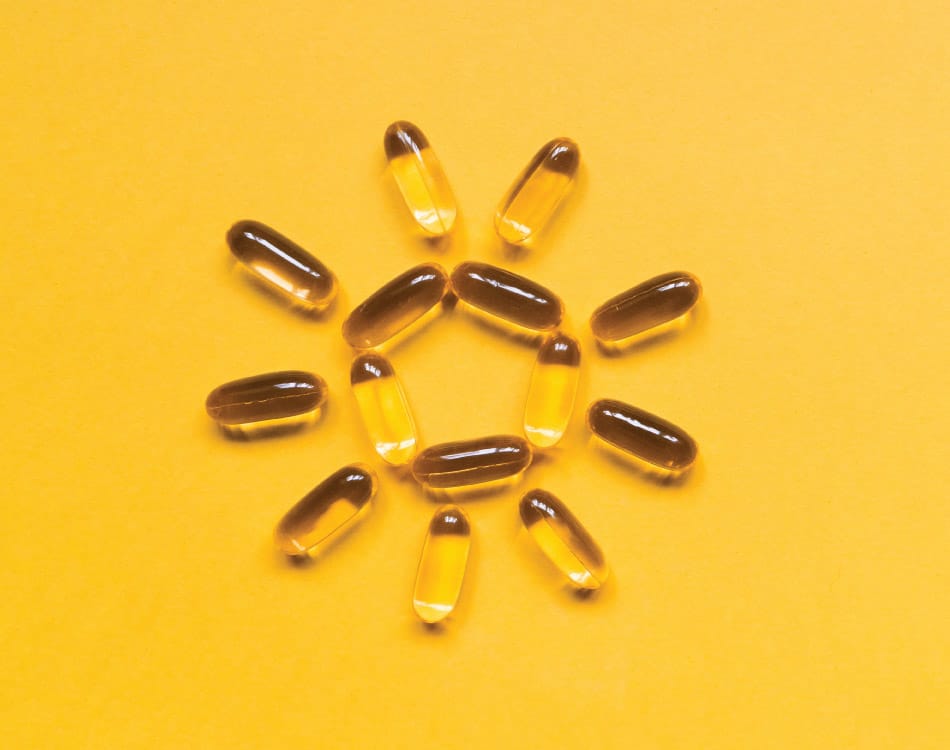
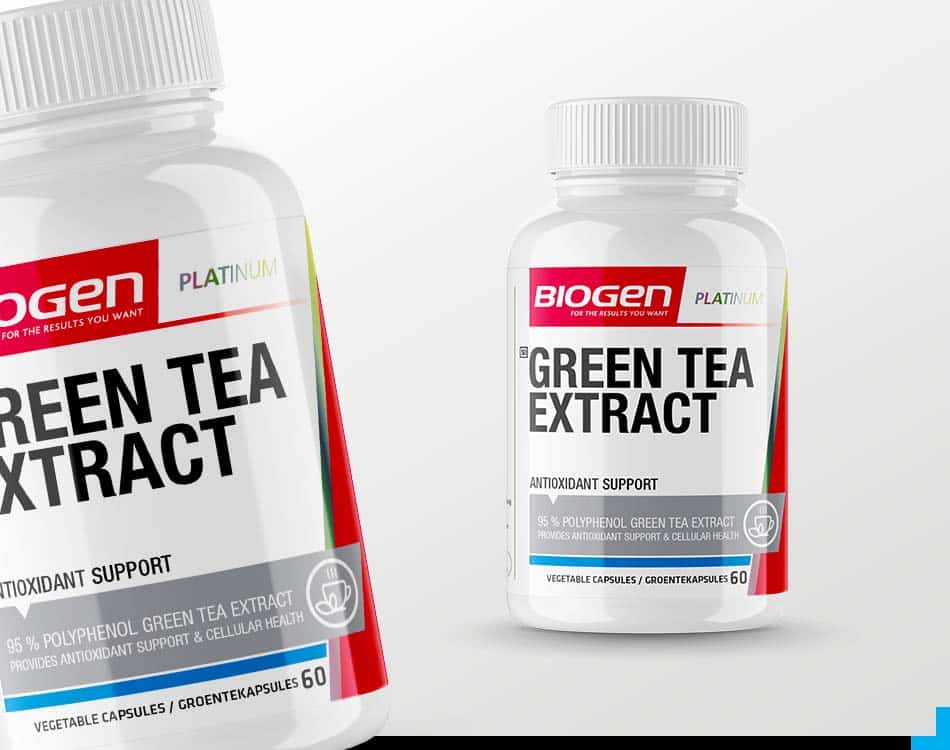



Leave A Comment